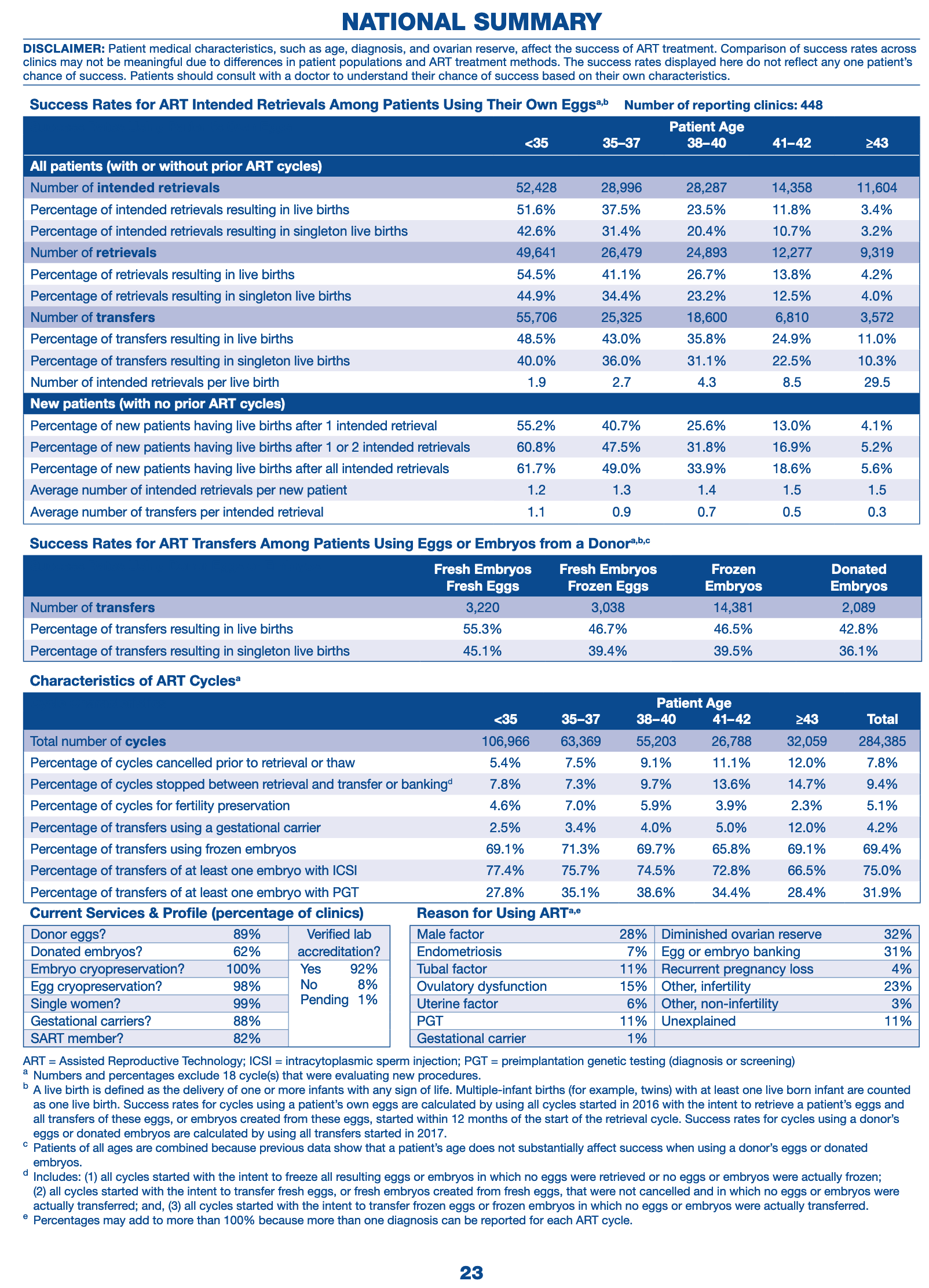All Categories
Featured
Table of Contents
Who Has The Best Infertility Center New Mexico?
Many individuals require fertility assistance. This consists of males and ladies with infertility, lots of LGBTQ people, and single people who prefer to raise kids. An estimated 10% of ladies report that they or their partners have actually ever received medical assistance to conceive. Despite a need for fertility services, fertility care in the U.S.

Typically, fertility services are not covered by public or private insurers. Fifteen states require some personal insurance providers to cover some fertility treatment, but significant spaces in coverage stay. Only one state Medicaid program covers any fertility treatment, and no Medicaid program covers artificial insemination or in-vitro fertilization.

This implies that in the lack of insurance protection, fertility care is out of grab lots of people. Fewer Black and Hispanic women report ever having actually used medical services to end up being pregnant than White females. This is a result of many factors, including lower incomes typically amongst Black and Hispanic females along with barriers and mistaken beliefs that might dissuade ladies from looking for assistance with fertility.
Is It Worth Paying For Fertility Reproductive Center Albuquerque Nm?
Transgender people undergoing gender-affirming care may also not meet criteria for "iatrogenic infertility" that would certify them for covered fertility preservation. Many individuals need fertility support to have kids. This could either be because of a diagnosis of infertility, or due to the fact that they are in a same-sex relationship or single and desire children.

Fertility treatments are costly and frequently are not covered by insurance. While some personal insurance strategies cover diagnostic services, there is really little coverage for treatment services such as IUI and IVF, which are more costly. Many people who use fertility services must pay out of pocket, with expenses frequently reaching countless dollars.
About 25% of the time, infertility is triggered by more than one factor, and in about 10% of cases infertility is inexplicable. Infertility price quotes, however do not account for LGBTQ or single people who may also need fertility support for household building. For that reason, there are different factors that may trigger people to seek fertility care. rental dumpster.
What Is The Best Ivf Clinics Near Me New Mexico Company Near Me
35.1544565140452,-106.646450771046&origin=35.1851644746305,-106.630910632195" width='100%' height='400'>Client Info Series. 2017 Our analysis of the 2015-2017 National Survey of Household Growth (NSFG) discovers that 10% of ladies ages 18-49 state they or their partner have ever spoken to a medical professional about methods to assist them conceive (data disappointed).3 Among females ages 18-49, the most typically reported service is fertility guidance ().
Many patients lack access to fertility services, largely due to its high expense and minimal coverage by personal insurance coverage and Medicaid. As a result, lots of people who use fertility services need to pay of pocket, even if they are otherwise guaranteed. Out of pocket expenses vary commonly depending on the patient, state of home, service provider and insurance plan (small dumpster rental).
Figure 3: Fertility Treatments Normally Expense Clients Countless Dollars Insurance protection of fertility services varies by the state in which the individual lives and, for individuals with employer-sponsored insurance coverage, the size of their employer. Numerous fertility treatments are ruled out "medically necessary" by insurance provider, so they are not usually covered by personal insurance coverage plans or Medicaid programs.
Who Is The Best Fertility Facility New Mexico Company?
g., screening) are more likely to be covered than others (e. g., IVF). A handful of states require coverage of fertility services for some fully-insured private strategies, which are controlled by the state. These requirements, nevertheless, do not apply to health strategies that are administered and funded straight by employers (self-funded plans) which cover six in ten (61%) employees with employer-sponsored medical insurance.
Two states (CA and TX7) need group health plans to provide a minimum of one policy with infertility coverage (a "mandate to provide"), however companies are not needed to pick these strategies. Figure 4: Many States Do Not Need Personal Insurance Companies to Provide Infertility Advantages However, in states with "mandate to cover" laws, these just apply to particular insurance companies, for certain treatment services and for particular clients, and in some states have monetary caps on expenses they should cover ().
In other states, nearly all insurance providers and HMOs are included in the mandate (small dumpster rental prices). Numerous states offer exemptions for little employers (
Latest Posts
What Is The Best Fertility Website Albuquerque Nm Company?
Is It Worth Paying For The Fertility Group Albuquerque Nm?
What Do I Need To Know To Hire A Reproductive Clinic Near Me New Mexico?